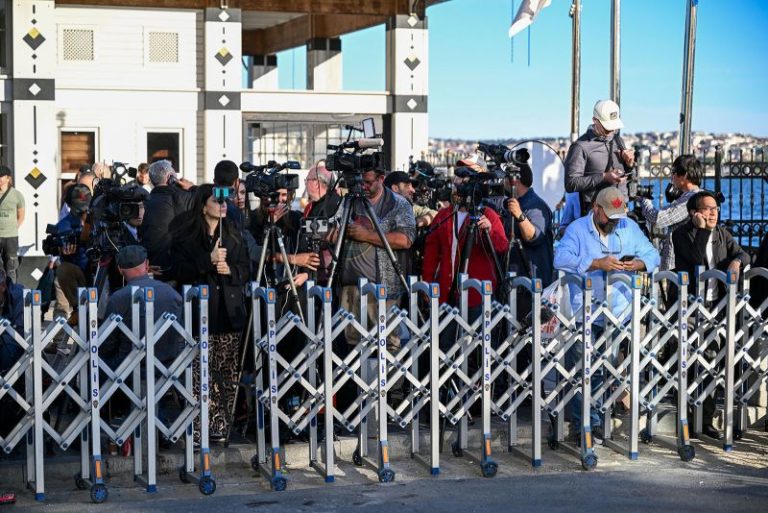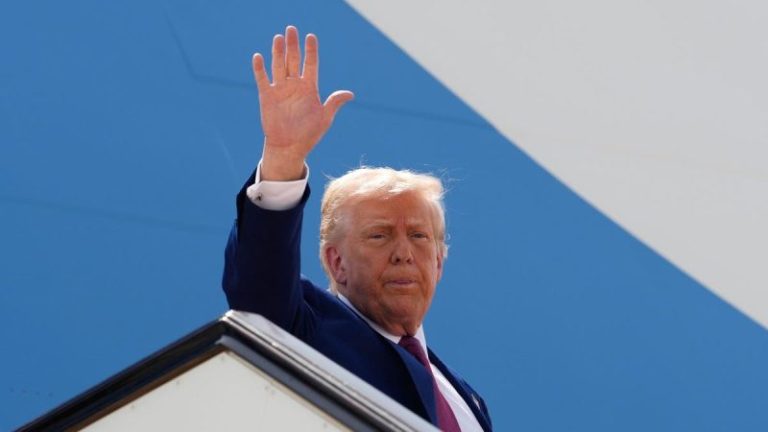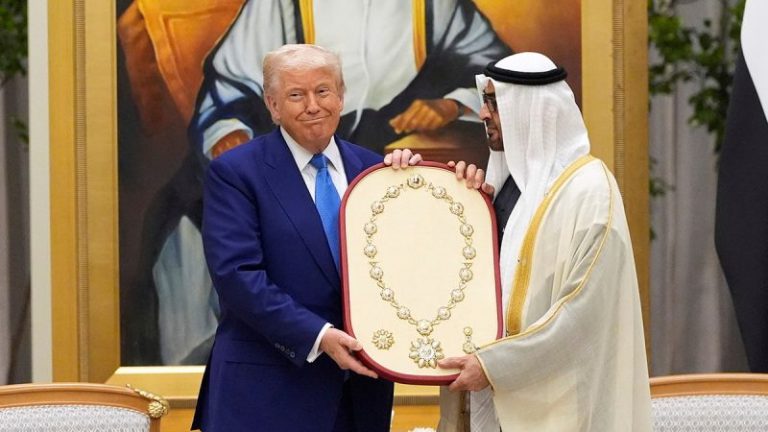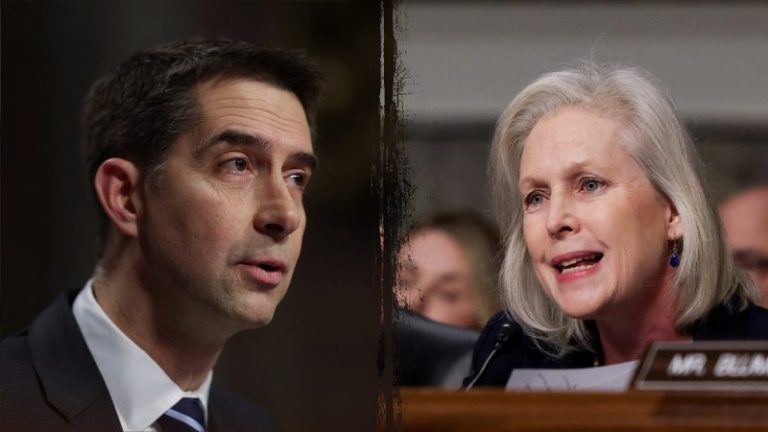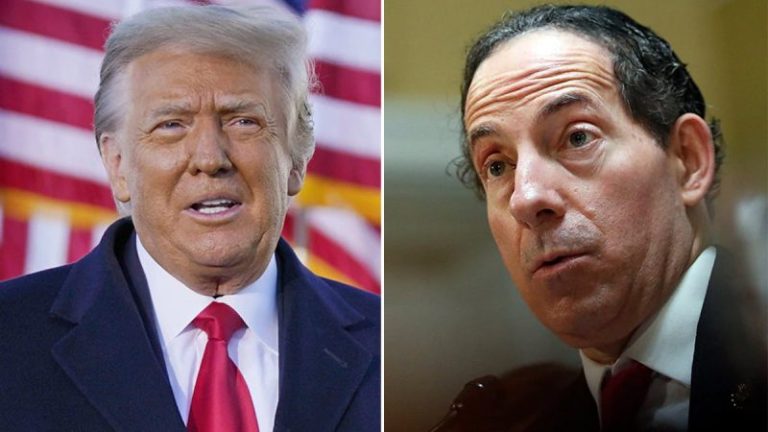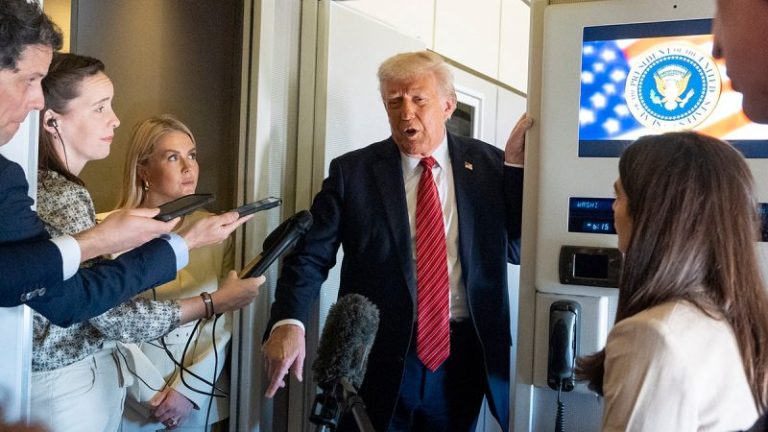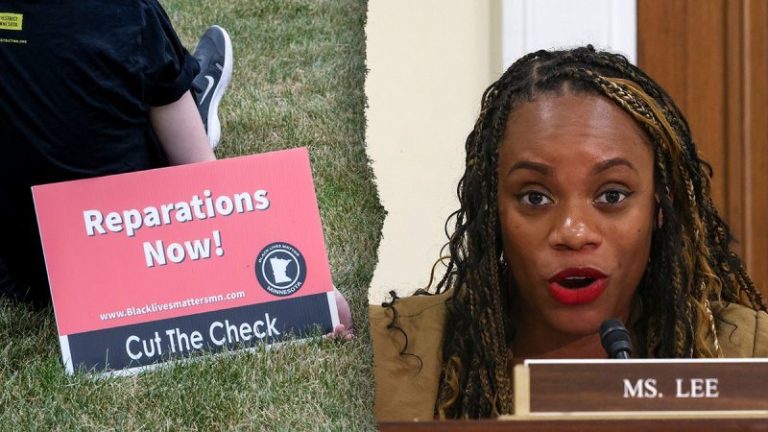After five days of confusion over Russian President Vladimir Putin’s proposal for direct talks with Ukraine, the day they were supposed to begin initially brought only more of the same: a seven-hour stakeout on the banks of the Bosphorus, an unruly scrum at the Russian consulate, and finally a decision from Ukraine’s president that may open a new chapter in this intractable conflict.
Russia’s dogged defense of its position is a key reason the Russian president unexpectedly proposed these talks five days ago. Faced with an ultimatum from Kyiv and its allies to sign on to a 30-day ceasefire or face major new sanctions, Putin chose a third path.
“We are proposing to the Kyiv authorities to renew the negotiations, that they cut off” in 2022, he told journalists in a briefing early Sunday. And so, to reinforce that point, he picked the same city that hosted some of those early peace talks – Istanbul – and, he revealed late Wednesday, the same lead negotiator, Vladimir Medinsky, a former culture minister and chairman of Russia’s Military-Historical Society.
“The delegation is committed to a constructive approach,” Medinsky said in a brief appearance Thursday afternoon at the Russian consulate, in which he took no questions. The media scrum was so intense that consular officials could be overheard threatening to cancel the briefing if journalists didn’t calm down.
Medinsky claimed the direct talks were to “establish long-term peace, eliminating the root causes of the conflict.” The use of the phrase “root causes,” which for Russia run the gamut from Ukraine’s NATO ambitions all the way to its existence as a sovereign state, was a reminder of just how distant a deal could be.
And yet, to complicate things further, Russia and Ukraine are now balancing their own interests with their relationship with Donald Trump. The US president once again Thursday dangled the prospect of his own attendance at the talks, saying “if something happened” he would consider going on Friday. White House envoys Keith Kellogg and Steve Witkoff are already slated to be in Istanbul on Friday.
And Zelensky made no attempt to hide Trump was a key part of his eventual decision to engage with Russia. Emerging from his meeting with Erdogan in late afternoon, he said he would not only send a delegation to Istanbul, but it would be led by a higher-ranking official than the Russian side – Defense Minister Rustem Umerov, “out of respect for President Trump.”
Russia is also watching closely for Trump’s next move, still holding out hope for that promised reset in relations. And Trump may have raised those hopes Thursday, telling reporters as he arrived in Abu Dhabi, “nothing’s gonna happen until Putin and I get together.”
Former Russian diplomat Boris Bondarev, who left his post in Geneva in 2022, said he believes a meeting with Trump would be a major win for Putin, while he remains uninterested in meeting with Zelensky.

